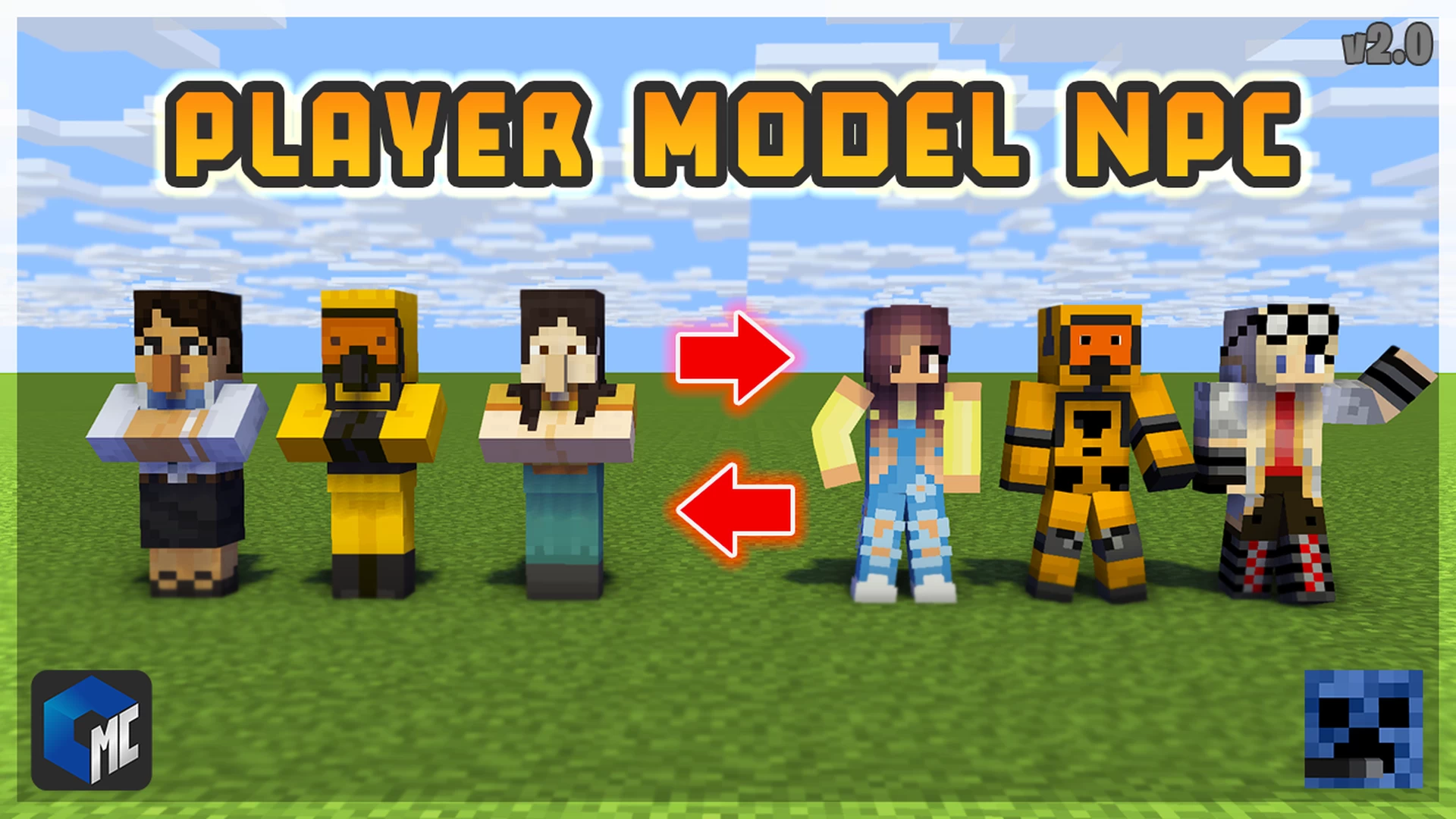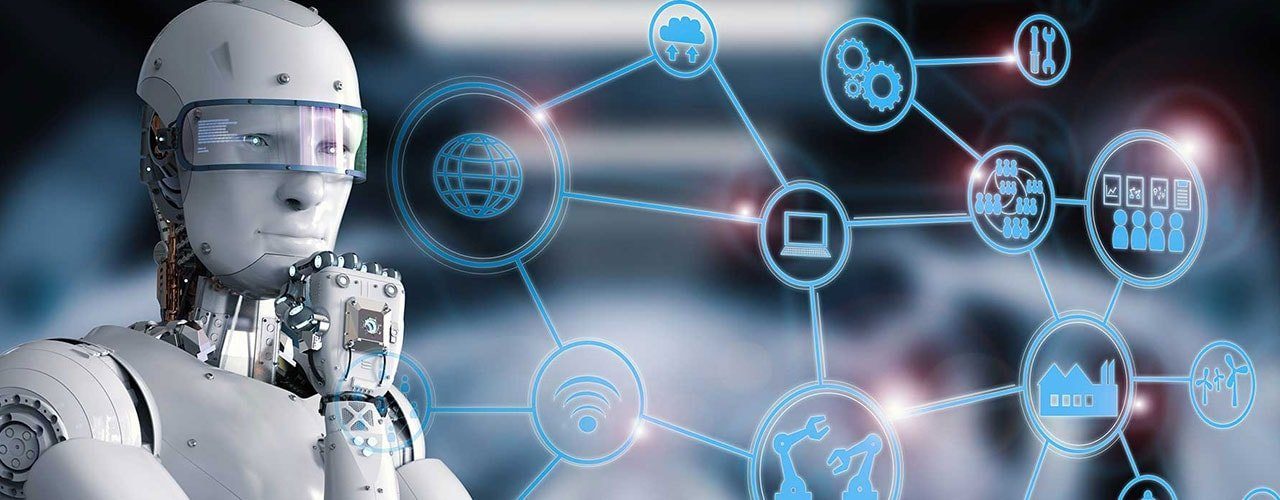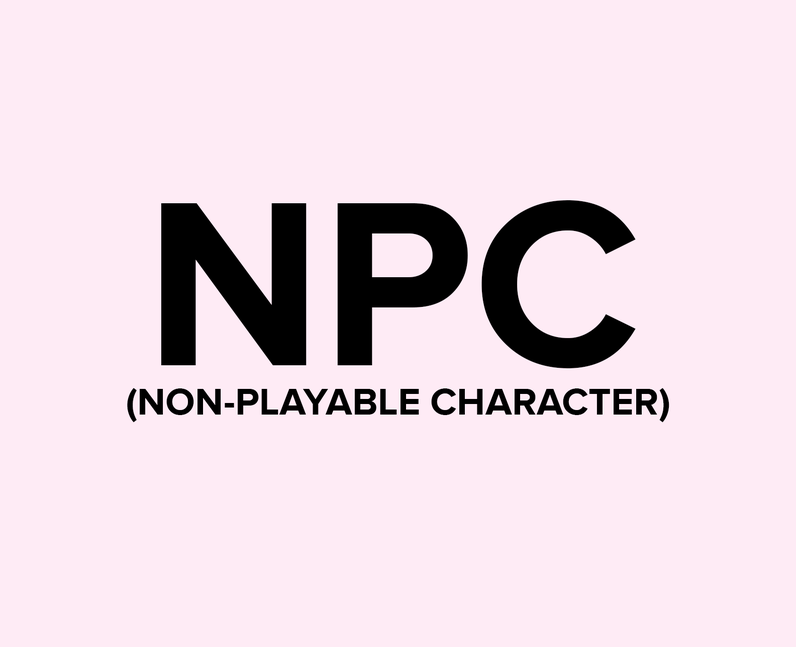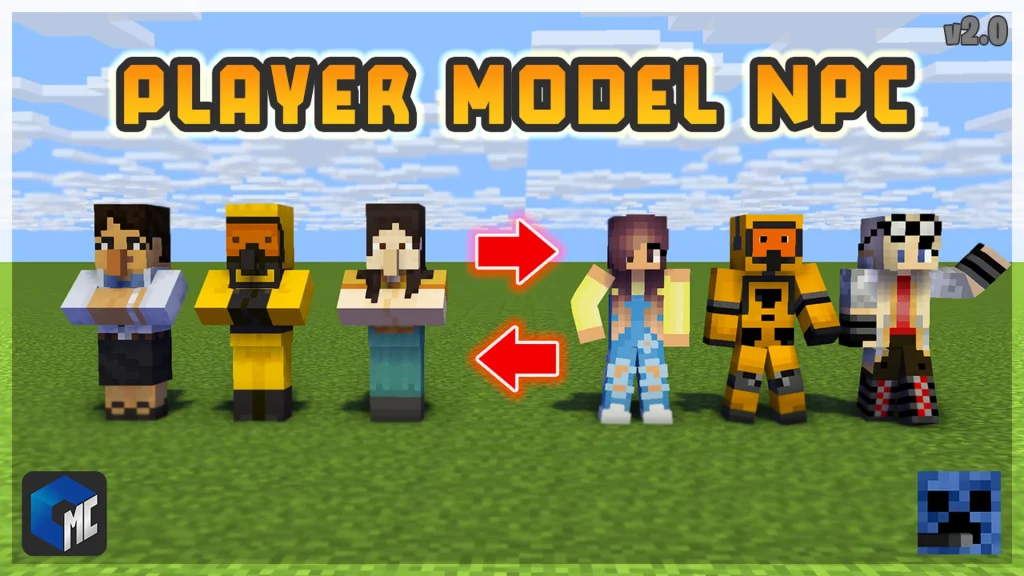
Non-Player Character (NPC) theory, while rooted in video game terminology, has evolved into a complex concept with implications in online culture, social psychology, and even philosophical discussions about consciousness and agency. Here’s a breakdown:
1. Core Concept: From Video Games to Reality
- Video Game Origin: In video games, an NPC is a character not controlled by the player. These characters have pre-scripted behaviors, limited dialogue, and serve various functions within the game world (e.g., providing information, selling items, populating the environment).
- Extension to Reality: The term “NPC” has been adopted in online culture to describe individuals perceived as lacking independent thought, originality, or self-awareness. Such individuals are seen as passively conforming to societal norms, blindly following trends, or simply reacting to stimuli without deeper processing.
2. Key Characteristics of the “NPC” Archetype
While the concept is often used pejoratively and with broad generalizations, some common characteristics attributed to the “NPC” archetype include:
- Lack of Internal Monologue: The belief that some people don’t have an inner voice or stream of consciousness. This is linked to the idea that they don’t engage in deep reflection or self-analysis.
- Predictable Behavior: A tendency to follow routines, adhere to social norms, and express mainstream opinions without deviation. Their actions and responses are perceived as easily anticipated.
- Limited Emotional Range: A portrayal of emotional responses as shallow, inauthentic, or simply mirroring what is expected in a given situation, rather than stemming from genuine feeling.
- Susceptibility to Influence: The idea that “NPCs” are easily swayed by propaganda, advertising, or social pressure, readily adopting popular beliefs without critical examination.
- Absence of Agency: A perceived lack of free will or autonomy. “NPCs” are seen as being driven by external forces rather than internal motivations.
3. Psychological and Social Implications
NPC theory touches upon several areas of psychology and sociology:
- Theory of Mind: This is the ability to attribute mental states (beliefs, desires, intentions) to oneself and others. NPC theory represents a distorted theory of mind, where individuals dehumanize others by underestimating the complexity of their inner lives.
- Social Perception: NPC theory reflects biases in how we perceive and judge others. People tend to simplify their understanding of the social world, and the NPC concept may arise from this tendency to categorize individuals into simplistic archetypes.
- Dehumanization: By portraying others as lacking essential human qualities like consciousness and agency, NPC theory can contribute to dehumanization, making it easier to dismiss or disregard their perspectives.
- Social Commentary: In some cases, the term “NPC” is used as a form of social commentary, expressing frustration with perceived conformity, apathy, or lack of critical thinking in society.
4. Criticisms and Cautions
It is crucial to approach NPC theory with a critical perspective:
- Oversimplification: The concept relies on simplistic generalizations about human behavior, ignoring the vast diversity and complexity of individual experiences.
- Dehumanization: The term can be deeply dehumanizing, reducing individuals to caricatures and fostering a sense of superiority in those who use it.
- Lack of Empirical Evidence: There is no scientific basis for the claim that some people lack an “inner monologue” or are fundamentally different in their level of consciousness.
- Harmful Generalizations: The concept can be used to dismiss entire groups of people based on their perceived social or political views, leading to prejudice and intolerance.
In Conclusion
NPC theory is a complex and controversial concept that reflects anxieties about conformity, social influence, and the nature of consciousness. While it can be used as a form of social commentary or to express frustration with perceived apathy, it is essential to be aware of its potential for oversimplification, dehumanization, and harmful generalizations. Human behavior is incredibly diverse and nuanced, and reducing individuals to the simplistic archetype of an “NPC” can have significant negative consequences.



